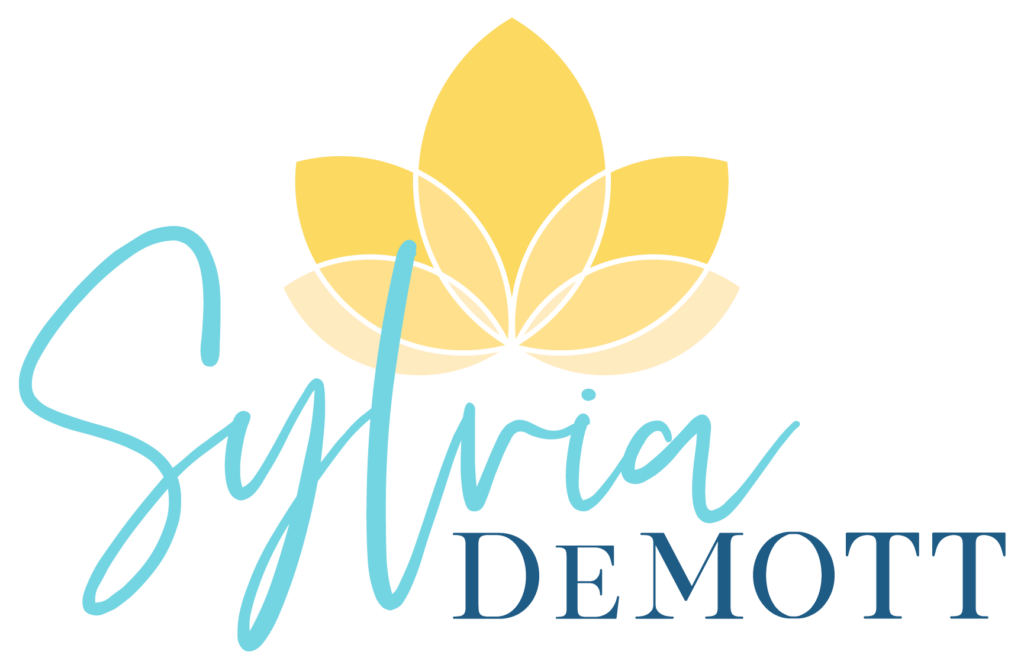At the beginning of February, soon after returning from an awesome women’s business conference on the East Coast, I ended up getting sick with an epic case of influenza.
I say epic because I ended up missing two full weeks of work and it took an additional month of recovery before I started to feel my normal self again.
The most difficult part of being sick was the exhaustion–waves and waves of utter weariness that left me feeling so physically weak that for three weeks I relied on a step stool in my shower so that I could sit down and rest while I washed my hair and soaped up. Having to stand for more than a minute at a time felt too tiring.
Looking back, having the flu was a lesson for me. I learned how to surrender to a power greater than myself.
It was about slowing down. And then slowing down some more.
It was also about learning how to accept that I couldn’t change the situation by speeding up my recovery. I could only take care of myself moment by moment by getting enough rest and liquids and being willing to ask for support and help from others.
Surrendering was a process of cultivating deeper and deeper levels of acceptance. It meant accepting the situation and my lack of control over it. It didn’t happen all at once.
Over time, I realized that pushing through and trying to do what I normally would have done wasn’t going to serve me and could easily increase the duration of my illness. Unfortunately, I had to go through some trial and error to be willing to surrender.
The thing about surrendering is that we often don’t want to do it initially. We resist accepting what is happening, because we tell ourselves that it’s not a big deal, that we should be able to do whatever we normally do, or because we are in denial of reality.
Why am I writing about surrender?
Surrendering is at the core of spiritual practice. I believe that it’s also a crucial component of being an entrepreneur. When we surrender, we let go of the idea that we have complete control over an outcome and we recognize that we are part of a larger force that is much bigger than us.
Call this force what you will–God, Higher Power, the Universe.
This perspective allows us to recognize that we can put forth energy creating services and products that serve our clients, but that we ultimately do ourselves a disservice when we are too closely attached to the outcome.
More specifically, we get into trouble when we believe that there is only one way to do something, or that we’ve invested so much time or effort or money into something that we have to dig our heels in and can’t change course or be flexible.
By practicing surrendering, we recognize that we don’t have all the answers. We can try our best to commit to certain actions that lead to specific results. But we must also stay open to the notion that we may have to try new things, be receptive to feedback that may be difficult to hear, and let go of the timeline that we’ve created for ourselves and our businesses.
What Surrendering is NOT
Surrendering is NOT about passively accepting situations. It’s not about lying down and letting people walk all over you or failing to create plans and systems that help you get your business where you want it to go.
While it IS about being committed to a result, it’s NOT about being tied down to the specific path that you’re going to take. You may start off on one path and discover three months later that you’re better off exiting to another one.
Surrendering is the process of being present with what is happening in each moment, and accepting the reality of that moment without trying to manipulate it into something that it is not. It’s about being willing to see things as they are so that you can choose what your next step will be.
Surrendering is a practice
I personally believe that surrendering is a practice. We can get better at it, and we can decrease the amount of time that we resist it.
In order to do so, we must:
- be present–to ourselves, to what is going on around us, and to what we can and cannot see;
- come to terms with accepting that we don’t have all of the answers, and that we may not understand everything that is happening as it happens;
- be willing to take the knowledge that we glean from being present and open, and use it to take the next right step. That next right step might be the one that we had already planned to take, or it might be a step in a direction that we hadn’t foreseen;
- be open to slowing down so that we can center ourselves and gain proper perspective.
Commitment and faith go hand-in-hand with surrendering. Commitment to the goals we have. And faith in what we can and cannot see. And so it is.

